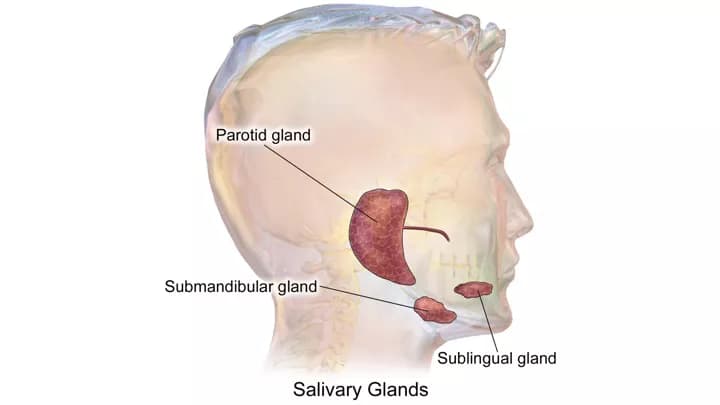
Saliva Proteins Could Explain Why Some People Overuse Salt
Many Americans consume too much salt. Now in a study appearing in the Journal of Agricultural and Food Chemistry, scientists report that people who can easily taste salt have differing amounts of certain proteins in their saliva than those who are less sensitive. The finding could help explain why some of us have a hard time shaking the salt habit and could potentially lead to the development of more desirable low-sodium foods.
Consuming too much sodium increases the risk of heart disease and stroke, two of the leading causes of death in the U.S. Some lower sodium products are on the market, but many consumers avoid these foods because they think the foods won't be tasty enough or flavorful enough. To develop more palatable products, researchers are trying to gain a better understanding of how the body processes and perceives saltiness. Although saliva is thought to play a role, it's unclear exactly what components of the liquid could explain the differences in salt perception among people. In a small study, Thomas Hofmann and colleagues sought to fill that knowledge gap.
The researchers classified volunteers into sensitive and non-sensitive groups according to how salty the participants thought various sodium chloride solutions were. Using liquid chromatography and mass spectrometry, the team identified several salivary proteins that differed between those who could readily detect salt and those who couldn't. Surprisingly, they found the largest differences in the resting saliva of the subjects compared to saliva produced after swishing around a salty solution. In their resting saliva, sensitive subjects had higher amounts of endopeptidases, enzymes that cut up proteins, than non-sensitive subjects. The researchers suggest that the enzymes could be modifying sodium channels, which would increase the amount of sodium that gets into cells. Alternatively, the enzymes could be cutting proteins in the saliva to produce salt-enhancing peptides in people who are sensitive.
Materials provided by American Chemical Society. Note: Content may be edited for style and length.
Disclaimer: DoveMed is not responsible for the accuracy of the adapted version of news releases posted to DoveMed by contributing universities and institutions.
References:
Theresa Stolle, Freya Grondinger, Andreas Dunkel, Chen Meng, Guillaume Médard, Bernhard Kuster, Thomas Hofmann. (2017). Salivary Proteome Patterns Affecting Human Salt Taste Sensitivity. Journal of Agricultural and Food Chemistry. DOI: 10.1021/acs.jafc.7b03862
Related Articles
Test Your Knowledge
Asked by users
Related Centers
Related Specialties
Related Physicians
Related Procedures
Related Resources
Join DoveHubs
and connect with fellow professionals

0 Comments
Please log in to post a comment.